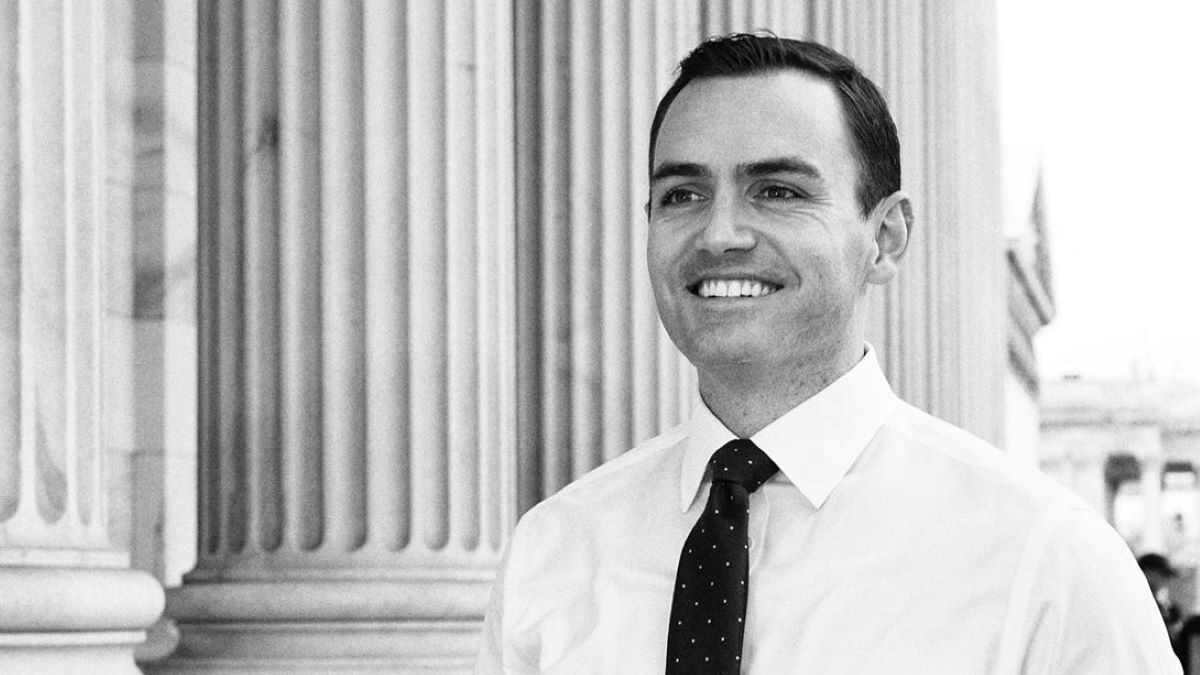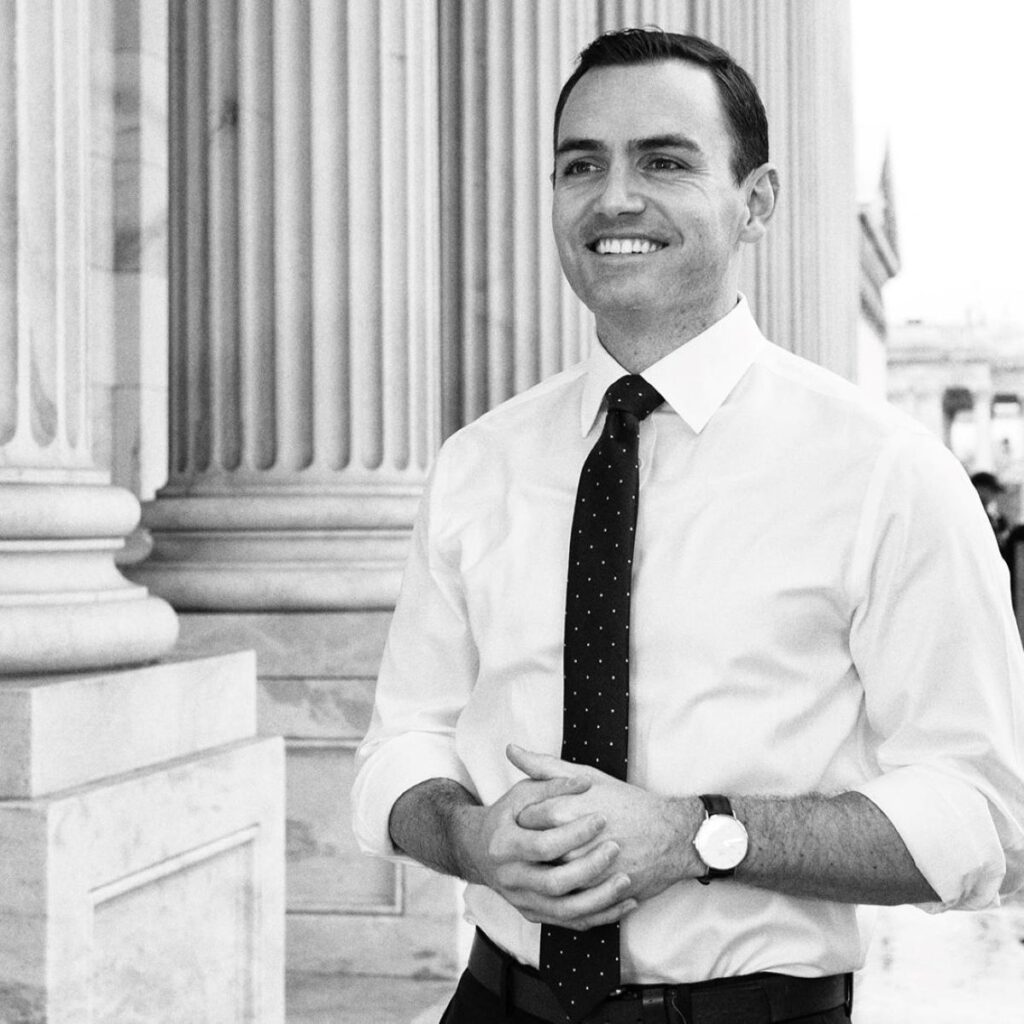
House Majority Leader Steve Scalise recently tried to persuade Rep. Mike Gallagher not to leave Congress. Scalise hoped Gallagher, one of the 21 Republicans who was leaving this year, might rethink his decision, especially since three others decided to stay. Gallagher, however, stood his ground, retiring earlier than had been planned and reducing the House majority to a shaky one vote.
According to Scalise, the decision to leave wasn’t just about the difficult year; it reflected a larger issue of a drop in morale within the GOP. Many Republicans who are leaving feel the increasing partisanship has made it much more difficult to pass any meaningful legislation. This sentiment highlights a bigger issue: the GOP is struggling to stay in control and remove blockades that may be caused by internal divisions.
Concerns about early resignations are making the challenges even worse. Former Congressman Ken Buck hinted that there will even be more departures, because of the dysfunction in Congress.
While retirements this year can be compared to previous cycles, this seems more significant because of who is leaving and when they are leaving. The departure of important figures like committee chairs and influential members like Gallagher signals something much deeper.
ALSO READ: Sen. Lisa Murkowski Announces Openness to Leaving the GOP
What followed after the announcement of Kevin McCarthy’s departure was that there were some stronger internal conflicts. Rep. Debbie Lesko cited personal hatred among members as a factor in her own retirement. Others, like Rep. Greg Pence, highlighted chaotic schedules and that some have left the conservative values.
Rep. Gallagher, who is coming close to the eight-year limit he imposed on himself, said he wants to pay attention to family and friends as well as find other opportunities outside politics.
POLL — Should Donald J. Trump Be Allowed to Run for Office?
He had already made his decision before recent events like the vote against impeaching Homeland Security Secretary Alejandro Mayorkas. Gallagher’s plan is to end his tenure on a high note as chair of key committees and advocate for legislation that fights against things like Chinese influence.
For some, like Ken Buck, disappointment with the party’s direction is what made him resign early. Buck spoke about the change from conservative values to the focus on defending Trump over governing effectively. He highlighted the need for bipartisan cooperation to achieve meaningful legislative wins, emphasizing the importance of joint agreement over ideological purity.
Others, like Rep. Brad Wenstrup, acknowledge the ability to govern with bipartisan support. Wenstrup, retiring to spend more time with family, sees much progress as essential in a divided Congress. Despite these challenges, he believes in the possibility of bipartisan achievements, bringing up Reagan’s principle of compromise.
ALSO READ: Report Says Lauren Boebert Was Cut Off from Drinking More Alcohol at GOP Gala
However, the departure of strong voices produces a void in the party, with far-right factions calling them traitors. Rep. Matt Gaetz’s remarks show a gap between establishment Republicans and hard-liners. While retirees hope to mentor those coming after and promote constructive governance, there still is some tension in the party. Departing members also aim to ensure a smooth transition for their successors.
You Might Also Like:
Prosecutors Say Alec Baldwin Lied About His Actions After Losing Control on “Rust” Set
Trump Becomes One of the World’s Richest 500 People Amid Recent Net Worth Increase
Court Sentences Jonathan Majors to Mandatory Anti-Domestic Violence Program
Judge Frees White Supremacist, Says Prosecutors Should Focus on Antifa
Idaho Police Investigate Racist Harassment of Utah Women’s Basketball Team

